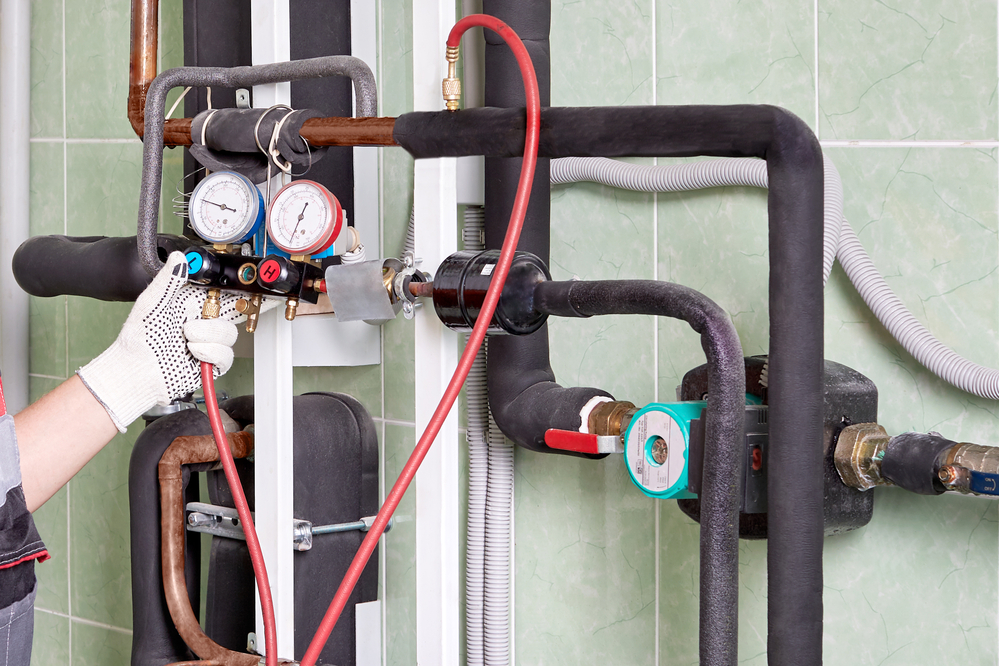The gas boiler domination of the UK home heating market seems to be a major issue for the Government in their attempts to meet net zero targets.
The future of gas boilers in a net-zero world is a subject of intense debate and significant policy action, especially in countries committed to reducing carbon emissions and combating climate change.
As the UK aims to achieve net-zero carbon emissions by 2050, the role of gas boilers—currently a predominant source of home heating—must evolve to align with these environmental goals. This transition involves several key areas: technological innovation, regulatory changes, consumer behaviour, and alternative heating solutions.

Technological Innovation
Advancements in boiler technology are crucial for reducing the carbon footprint of home heating. Modern gas boilers are significantly more efficient than older models, with some achieving near 95% efficiency in converting gas to heat. However, to meet net-zero targets, further innovations are necessary. One promising area is the development of boilers that can run on hydrogen, a fuel that produces water when burned, rather than carbon dioxide. This could allow existing gas networks to be repurposed for hydrogen, minimizing infrastructure changes.
Regulatory Changes
The UK government has already set regulatory milestones to phase out the installation of new gas boilers. From 2025, for instance, new build homes will be required to install heating systems that use renewable energy sources instead of natural gas. These regulatory changes are designed to gradually decrease the reliance on fossil fuels for home heating and encourage the adoption of greener alternatives.
Consumer Behaviour
Achieving a net-zero world also depends on changing consumer behaviour. Homeowners need to be informed about the environmental impact of their heating choices and encouraged to consider greener alternatives. Government incentives, such as grants and loans for installing renewable heating systems, play a critical role in facilitating this shift. Additionally, public awareness campaigns can educate consumers about the benefits of reducing energy consumption and choosing more sustainable heating options.
Alternative Heating Solutions
The move towards a net-zero future will involve a diverse mix of heating technologies. Heat pumps, both air source and ground source, are seen as a leading alternative to gas boilers due to their ability to efficiently convert electricity into heat. However, their high upfront cost and the need for significant modifications to existing homes are barriers to widespread adoption. Other alternatives include district heating schemes, which supply heat from a central renewable source to multiple buildings, and solar thermal panels.
Challenges and Opportunities
Transitioning away from gas boilers presents several challenges, including the high cost of installing new heating systems, the experience of Gas Safe engineers offering boiler troubleshooting, the readiness of alternative technologies to meet the demands of all properties, and the need for a skilled workforce to install and maintain new systems. However, this transition also offers opportunities for innovation, job creation in green technologies, and the potential for significant reductions in household energy bills over the long term.
